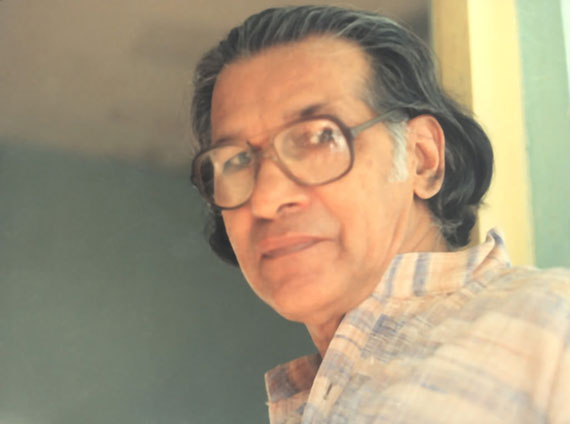Azadi ka Amrit Mahotsav Kolkata event honours four Clergymen
Pope Francis asks businesses to support working women: They’re ‘afraid to get pregnant’
Study: Christianity may lose majority, plurality status in U.S. by 2070
Indian politician declines Magsaysay Award under party pressure
Like John Paul II, Pope Francis heads to Kazakhstan during time of war

The postmodern culture is characterized by its dislike for universal ideologies. In La condition postmoderne (1979 – The Postmodern Condition), the French philosopher Jean François Lyotard wrote: People have become sensitive to difference and diversity and for this reason postmodernism is characterized by an abundance of small narratives. Given the energy of the universalizing ideologies is exhausted, thinkers all over the world began to develop responses that spring from the practices and cultures of local people. Such attempts were also done by certain theologians in India, and Sebastian Kappen, a Jesuit priest from Kerala, is one among them. His work consisted in articulating liberative images of Christ suitable to India, which he used to empower people in resolving the issues of injustice and inequality.
According to Sebastian Kappen, one of the serious factors that obstruct the growth of justice, equality and freedom among the poor masses in India is the false religiosity. People in India are traditionally trained from the childhood onwards to think of the maledictions as their fate and subsequently they accept uncritically the structures of discrimination. Pious activities and mystified rituals mesmerize people to be comfortable with the submissive mind-setup. The cyclic world-view of Hindus prevents Indians from going against the slavish mentality. In a repetitive pattern of world-view, people become automatically indifferent to life because even if they work hard and make achievements, that might become devoid of meaning for the future. The values of the present are not carried over to the future; they are doomed to eventual destruction. The now pales into insignificance. If the present will not find a home in the future man will be content to live in the oppressive solitude of the now, comments Kappen. To him to come out of this indifference and negativity Indians have to escape from the cyclic vision of life. This is not impossible, think Kappen. The nations like Hebrew and Greeks who were living in cyclic frame-work have come out of them and entered into an open space of history.
In search of a meaningful image of Christ that can change the dehumanizing religious culture, Kappen focuses on the human centeredness of Jesus. According to Kappen, to Jesus, human beings were more important than the Sabbath, temple and ritual purity. But what kept the poor people away from Jesus in course of time were the dogmas formulated by the Church without giving proper importance to the concrete problems of masses. Jesus was fragmented into abstractions like person, nature, hypostasis, body, soul, substance, quality, quantity, essence, existence and so on. Along with dogmas, cult also alienated Christ from people, says Kappen. Jesus was made an object of worship and a concept rather than a person to be followed and lived. Institutionalization was another element that again alienated Jesus from the life of people. Jesus of the gospels did not use either religious structures or political powers to implement his projects. He depended on the poor masses for the growth of God’s reign in the world. Therefore the way Kappen suggests to transform the Indian society from poverty is to rediscover and follow the path of liberation set by Jesus. Only a Christology that challenges the dehumanizing systems and transform the exploiting structures can unite people of India to work for the growth of a just and peaceful society.
To Kappen, Jesus identified the kingdom of God with the kingdom of humans where justice, love, equality, fellowship, reconciliation, self-emptying services and peace will be practised because of their love for God. Jesus opposed all that thwart the growth of the fullness of humans namely sorrow, injustice and estrangement from oneself. What Jesus realized during his life-time has to be continued today for the welfare of future generations through the medium of human efforts. By saying no to injustice, religious bondage and cultural domination, Kappen induced people to pursue the project of Christ. In the context of India, he argued that as in the time of Christ, the humans have to be given priority over religion and law.
kundu1962@gmail.com
Leave a Comment